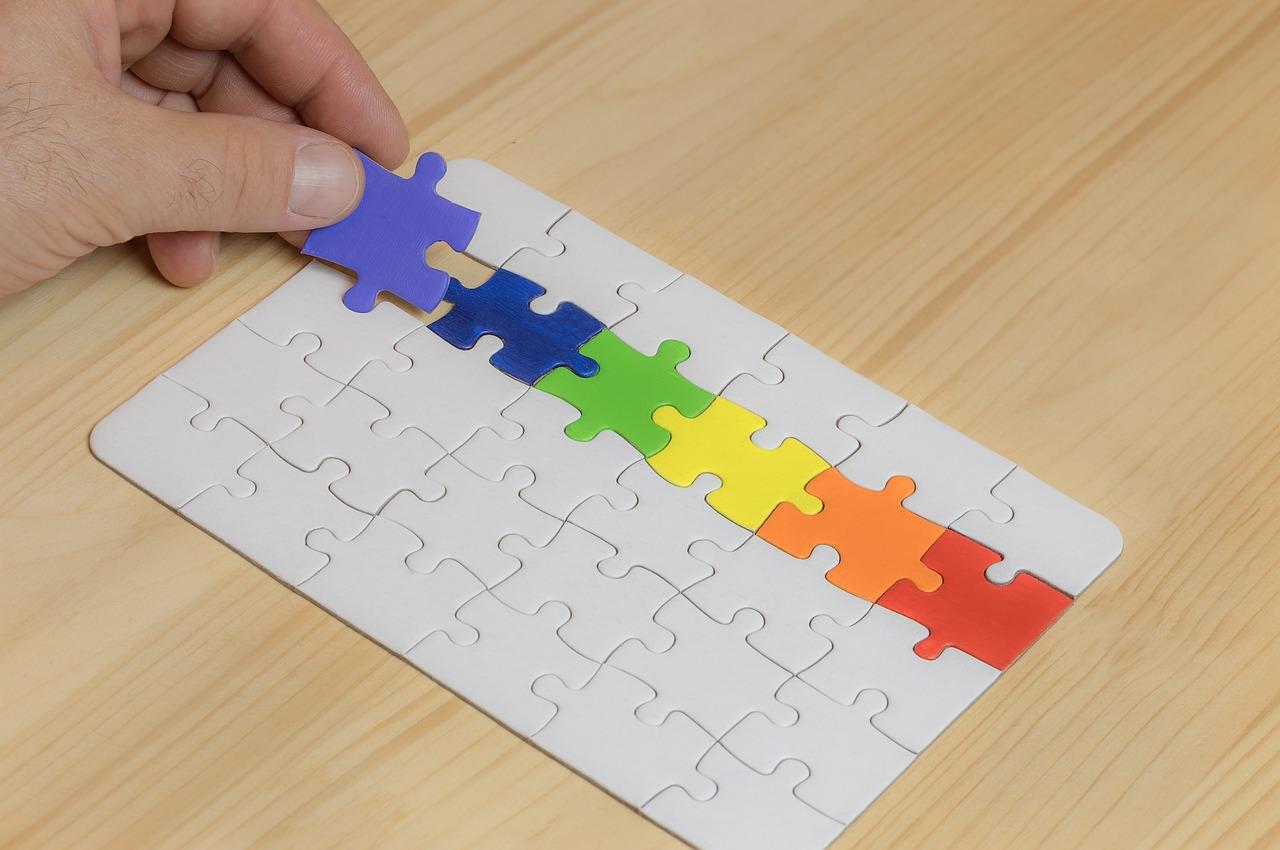Legacy in Letters: Exploring the Beauty of Traditional Boys’ Names Meaning in Urdu

A name is more than just an identity — it’s a story passed down through generations. In Urdu culture, this belief holds even greater significance. Parents don’t just choose names for their sons; they choose legacies. Each name, steeped in history, reflects values, faith, and personality. When exploring Boys Names Meaning in Urdu, one discovers how these timeless names preserve both linguistic beauty and moral heritage.
Urdu names have a poetic rhythm, a sense of honor, and an elegance that transcends time. They carry the cultural DNA of centuries, telling tales of courage, piety, and intellect.
The Timeless Grace of Traditional Urdu Names
Traditional Urdu names draw inspiration from Arabic, Persian, and Islamic origins — languages of deep meaning and rich spirituality. These names, often derived from Quranic or historical figures, continue to hold emotional and moral power.
Consider names like Usman (companion of the Prophet), Hassan (handsome, virtuous), Tariq (morning star), or Farhan (joyful). Each of these names holds beauty in sound and significance. They remind us that Boys Names Meaning in Urdu are not merely linguistic expressions; they are reflections of timeless ideals.
Faith and Character Interwoven
Urdu names are often chosen with the hope that the child will embody the traits their name represents. Faith plays a central role — names are selected to invoke divine blessings and moral strength.
For instance:
-
Imran (عمران): Prosperity and strength; the name of a noble ancestor of Prophet Isa (A.S.).
-
Hamza (حمزہ): Lion, symbolizing bravery and loyalty; a name honored for its historical significance.
-
Bilal (بلال): The first muezzin of Islam, representing devotion and steadfast faith.
Such Boys Names Meaning in Urdu create a bridge between personal identity and spiritual heritage. They are daily reminders of purpose and character.
The Beauty of Language: Urdu as a Medium of Meaning
Urdu, often called the “language of love,” blends Arabic depth with Persian elegance. Its words carry not just meanings but emotions. The flow and rhythm of Urdu names make them uniquely expressive — dignified yet melodic.
Names like Ayaan (gift of God), Zayaan (graceful, bright), and Rehan (fragrant, merciful) sound soothing and elegant while carrying deep messages of faith and goodness. This harmony between beauty and meaning is what makes Boys Names Meaning in Urdu stand apart in the world of linguistic heritage.
Family Traditions and Cultural Continuity
Naming a child is one of the oldest and most cherished family traditions in Urdu-speaking cultures. Often, grandparents or elders suggest names to honor family members or religious figures, ensuring the family’s moral lineage continues.
Through this act, Urdu names serve as vessels of legacy. A child named Yusuf not only carries the name of a Prophet known for beauty and patience but also inherits the values associated with it. This generational connection ensures that faith, respect, and cultural pride are never lost.
Why Traditional Urdu Names Still Shine Today
Even in today’s modern world, traditional Urdu names maintain their charm and relevance. Parents increasingly seek names that balance tradition with global appeal — and Urdu provides the perfect blend.
Names like Rayyan, Zaid, Hadi, and Saad are deeply rooted in Islamic history yet sound universal. This timeless adaptability is what keeps Boys Names Meaning in Urdu alive and celebrated across generations and geographies.
Moral Strength Hidden in Every Name
Every Urdu name carries a moral message — a quiet call toward goodness. Choosing a name like Ameen (trustworthy) or Naeem (comfort, peace) isn’t just about tradition; it’s about setting a moral direction.
Such names remind individuals of their inner potential and responsibilities. The beauty of Boys Names Meaning in Urdu lies not only in how they sound but in the silent lessons they teach — kindness, courage, honesty, and faith.
The Enduring Connection Between Name and Identity
Names form a part of who we are — our first introduction to the world and our lifelong companion. In Urdu culture, they also represent belonging. A meaningful Urdu name connects one to ancestors, language, and faith, forming a continuous thread of identity.
Each time a parent whispers their child’s name, they reaffirm this legacy — of love, culture, and belief. Through Boys Names Meaning in Urdu, we preserve not just tradition, but the moral poetry of our civilization.
Conclusion: Names That Carry a Legacy
A name, in its truest form, is a gift of identity. The beauty of Boys Names Meaning in Urdu lies in how they weave together faith, heritage, and elegance. They are not just words — they are echoes of history and expressions of hope.
To name a child in Urdu is to give him a legacy of honor, to remind him of his roots, and to inspire him to live with meaning. These names are more than letters — they are legacies written in faith, preserved through generations, and spoken with love.



